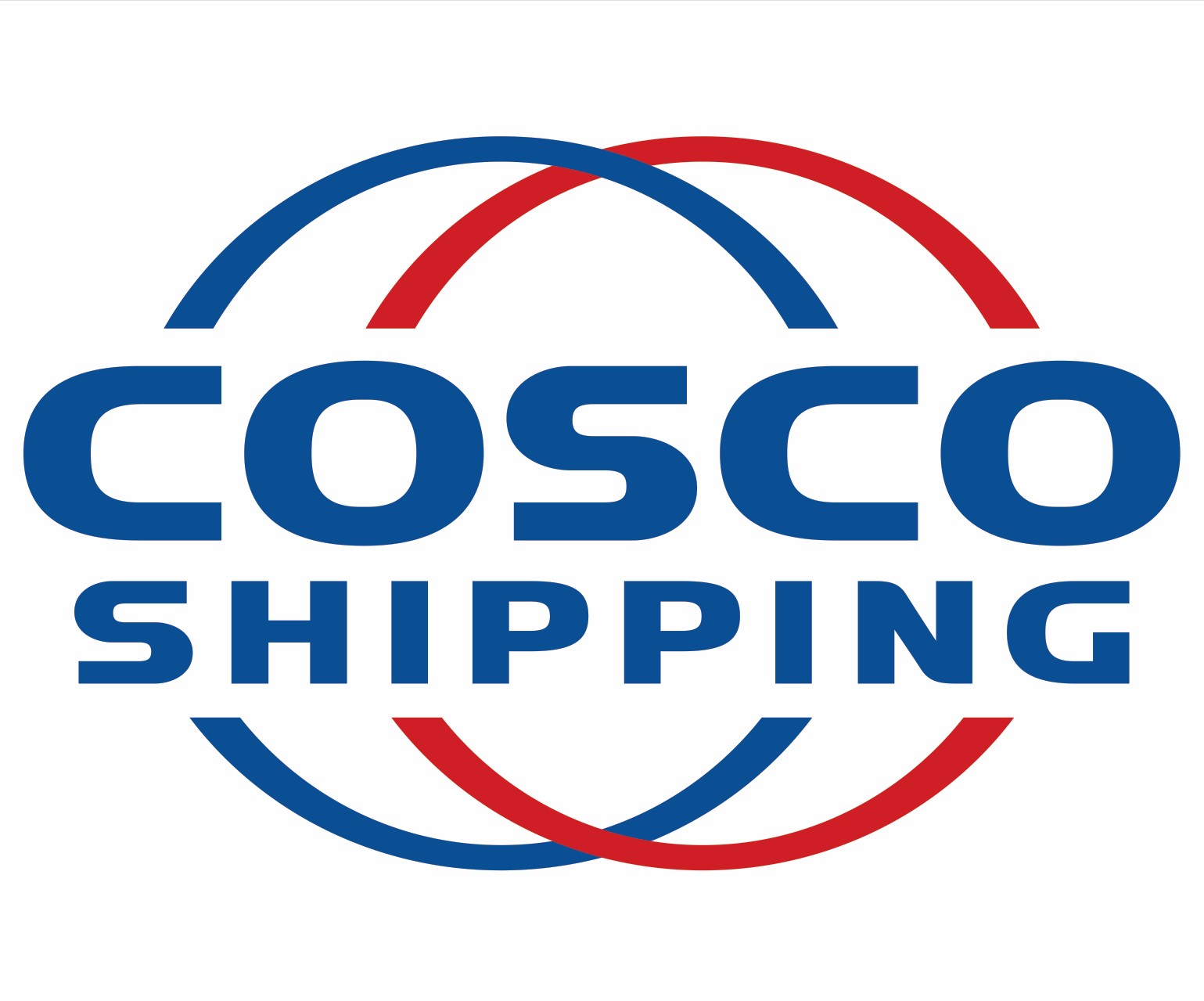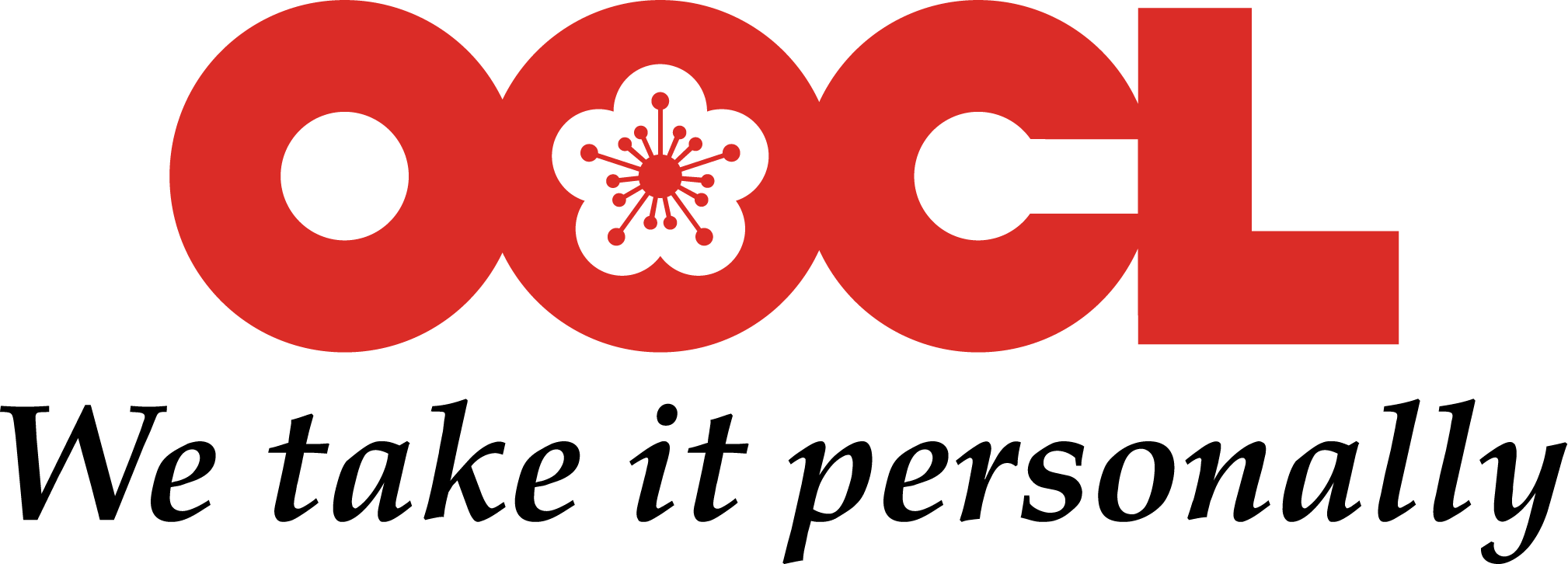
BNSF SUSTAINABILITY AWARDS
BNSF is proud to recognize our customers who show a strong commitment to sustainable transportation, achieving notable success in both business growth and environmental responsibility. By incorporating rail—the most sustainable land transport option—into their supply chains, these organizations are creating more fuel-efficient logistics systems and reaching their carbon reduction targets. Their dedication to supply chain efficiency, investment in greener technologies, and following circular economy principles demonstrates responsible business practices. We are honored to partner with these forward-thinking customers to enhance our collective impact and advance BNSF’s sustainability mission.
BNSF Sustainability Awards are presented annually to companies that are on the right track when it comes to sustainability.
Award recipients are recognized for significant achievement in one of several categories, including:
INVESTMENTS IN CIRCULAR ECONOMY INFRASTRUCTURE
SUPPLY CHAIN EFFICIENCIES
SUSTAINABLE TECHNOLOGY IMPLEMENTATION
ADDITIONAL RAIL IN SUPPLY CHAIN
2025 BNSF SUSTAINABILITY AWARD WINNERS
































When it comes to sustainability, the advantages of rail are clear. Learn more about how BNSF is improving the efficiency of our network in a way that benefits both our customers and the environment.